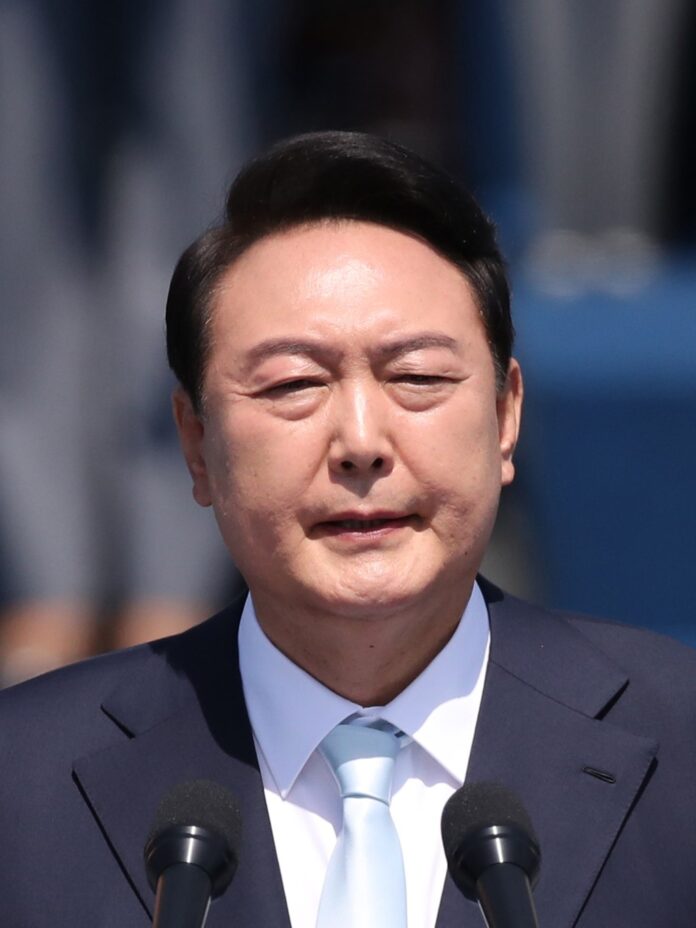South Korea finds itself at a political crossroads as tensions soar between the president and the ruling party. The call for impeachment, stemming from the president’s controversial decision to impose martial law, has divided the nation. This drastic measure has been seen by many as an overreach of executive power, prompting severe backlash and cries for democratic procedure maintenance.
The ruling party’s backing of impeachment reflects deep-seated disapproval and a challenge to the president’s authority. The refusal to resign adds a layer of complexity to the political landscape, intensifying citizen protests and creating a palpable sense of instability.
This political crisis unfolds at a critical time, affecting South Korea’s economic outlook and its diplomatic relations. As the international community watches, there is growing concern about the implications for South Korea’s governance and the region’s stability. The nation stands at a pivotal moment, one that demands political acumen and reconciliation efforts to avoid long-term damage.
Embed from Getty ImagesPerspectives
Perspective 1: Some political analysts argue that the president’s actions, while extreme, were a response to perceived threats to national security, justifying the imposition of martial law. They stress the importance of maintaining order during turbulent times, believing that these measures, although controversial, could stabilize the nation in the short term.
Sources:
CNN WORLD
Perspective 2: Critics of the presidency emphasize the importance of adhering to democratic norms and view the martial law declaration as a dangerous precedent. They advocate for immediate impeachment to prevent erosion of democratic institutions and to restore faith in governance.
Sources:
CNN WORLD
Perspective 3: Public opinion appears divided, with a significant portion of the population expressing dissatisfaction with both the presidential powers and the ruling party’s motives. This fracture highlights the need for comprehensive dialogue and reform to bridge the gap between institutional powers and citizenry.
Sources:
CNN WORLD
